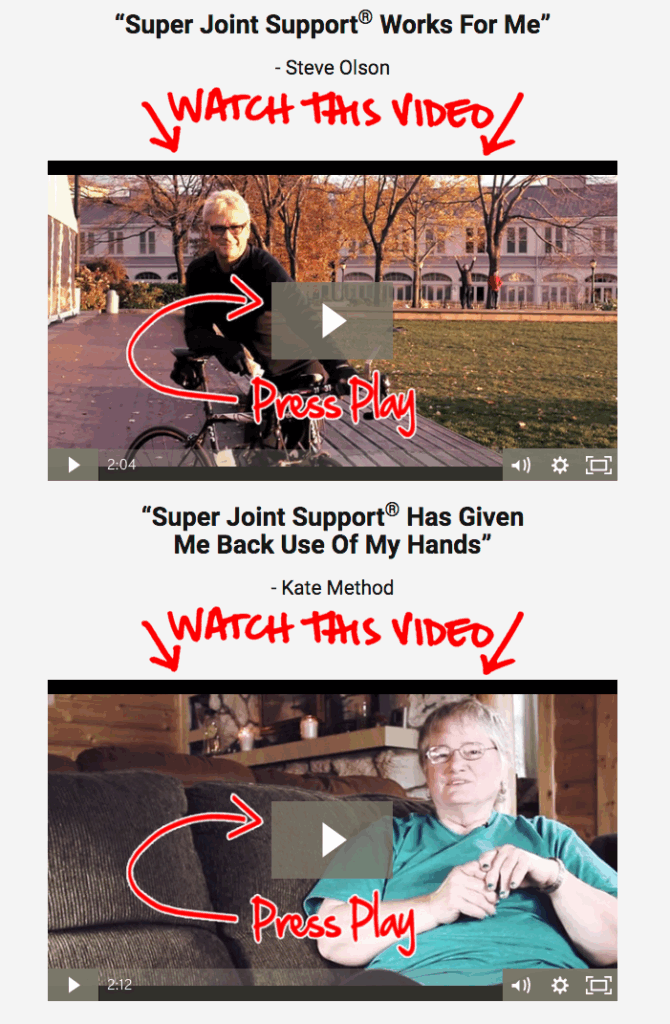While back pain is one of the early symptoms associated with ovarian cancer, it is tragic that ovarian cancer back pain is so often overlooked both by doctors and patients. This is due in part to the view of ovarian cancer that has long been prevalent in the minds of the medical profession and general public. Ovarian cancer has long been known as “The Silent Killer.” For ages, the medical profession has been firmly convinced that by the time ovarian cancer symptoms manifest, the disease has progressed to the point where it is no longer curable.
A group of British physicians implemented a study and at the end they concluded that ovarian cancer symptoms did not materialize until the very late stages of the disease. So by the time physicians could identify the disease it had already progressed too far to be contained.
Fortunately, the British Study was followed by one conducted at the University of California. These researchers strongly disputed the findings of the British group. The conclusion of the California researchers was that there were indeed certain symptoms that could be identified in the early stages of the disease and one of the most common of these was ovarian cancer back pain. Others were: abdominal pain, bloating, fatigue, constipation and a constant urge to urinate.
According to the California study all of these symptoms present themselves in early stages of the disease, some as early as the first four months. And they steadily worsen over time. They also found that most women have at least two of these symptoms with back pain the most common.
In spite of this new research, ovarian cancer back pain is often still unrecognized as a cancer symptom. And it is often misdiagnosed by doctors. Back pain is often difficult to diagnose because there are a myriad of health problems that are related to back pain.
Further, back pain is not always connected to a health problem. It can be the result of occupational and lifestyle situations. People in sedentary occupations requiring long hours of sitting often develop low back pain as a result. This is also true of people in occupations that require long hours of standing in one place such as cashiers, grocery checkers, and sales associates. So they often ignore the pain if it worsens.
Another reason that ovarian cancer back pain can be difficult to diagnose is the presence of pre-existing conditions. Many people suffer from various types of back pain. If the pain should worsen, they attribute it to the condition they already have. And in the event they do decide to consult a doctor, the doctor often arrives at the same conclusion. Rather than do further testing, the physician may just prescribe additional pain medication.
So it is crucial that patients with chronic back pain and their doctors understand that a worsening of the pain may not necessarily be due to the condition they already have but could be something different. So doing would ensure that ovarian cancer back pain is not overlooked or misdiagnosed.






